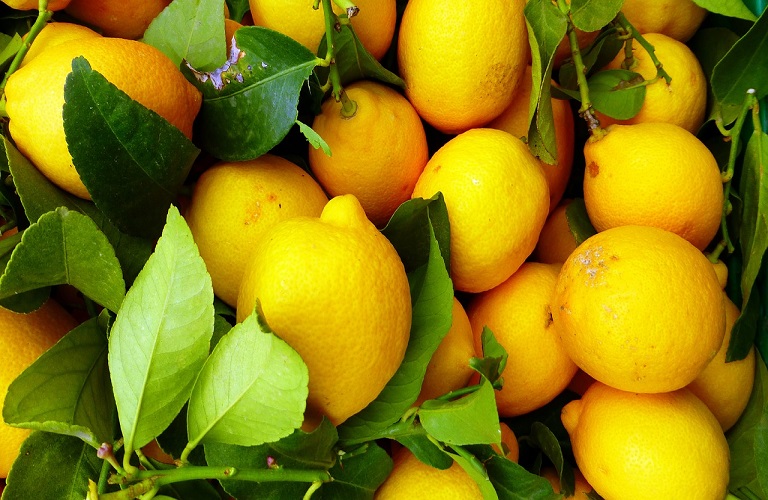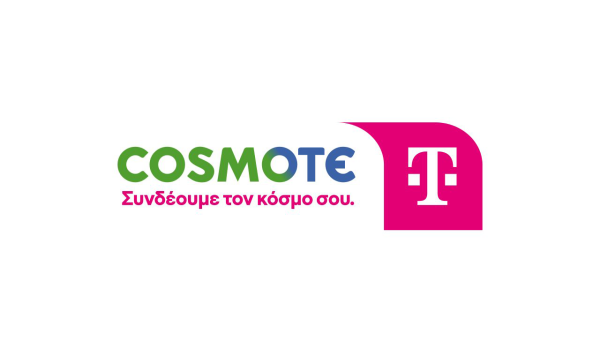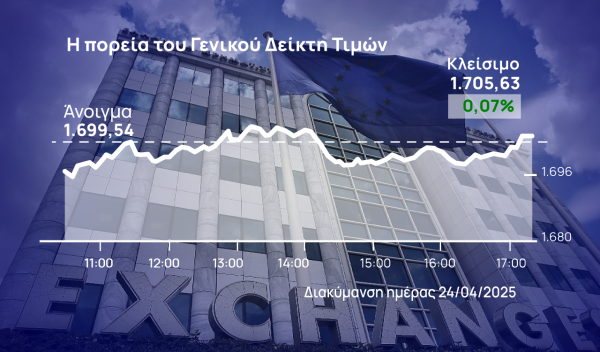
Three out of 10 trucks entering the EU from Turkey will now undergo strict checks and analysis for pesticide residues in fruit and vegetables, following an increase in detections recorded last season in the number of Turkish consignments.
Specifically, the European Commission approved the increase of pesticide controls on Turkish lemons and grapefruits imported into the European Union.
The decision was taken unanimously by the Standing Committee on Plants, Animals, Food and Feed on November 30, after confirming that “in relation to shipments of lemons and grapefruits from Turkey, a high rate of non-compliance with the relevant requirements provided for in the legislation of Union regarding pesticide residue contamination during official controls carried out by Member States in accordance with Articles 5 and 6 of Implementing Regulation (EU) 2019/1793.
“Therefore, it is appropriate to increase to 30% the frequency of identity checks and physical checks to be carried out on these consignments entering the Union,” the European Commission points out.
This fact caused the amendment of Regulation (EU) 2019/1793, increasing the control rate from 10% to 30% in the case of grapefruit and from 20% to 30% for lemons.
The measure, which will come into force at the beginning of January for a period of six months, means that 30% of trucks entering the EU carrying Turkish lemons and grapefruit will have to undergo strict border checks, including pesticide analysis.
“This is an important decision for European consumers and farmers and strengthening the position of EU products that comply with all commercial standards of quality, hygiene and safety set by European regulations”, comments the special advisor of the Association of Fruit, Vegetable Exporters and Hymon Incofruit Hellas Mr. Giorgos Polychronakis.
Latest News

Easter Sales Performance and the Source of €4–5 Million in Losses
Easter retail sales were relatively weak this year, with the only "real winners" being the livestock farmers who had lambs to sell.

Hotel Foreclosures Continue to Plague Greece’s Islands
A surge in hotel foreclosures across Greece’s islands threatens small tourism businesses, despite booming visitor numbers and record-breaking travel in 2024.

Athens Launches Task Force to Safeguard Historic City Center
The new municipal unit will ensure compliance to zoning laws, curb noise, and address tourist rental issues starting from the Plaka district.

WTTC: Travel & Tourism to Create 4.5M New Jobs in EU by 2035
This year, international visitor spending is set to reach 573 billion euros, up by more than 11% year-on-year

IMF: US Tariffs Shake Global Economy, Outlook Downbeat
IMF slashes global growth forecast to 2.8% as U.S. tariffs create uncertainty and ‘negative supply shock

First Step Towards New Audiovisual Industry Hub in Drama
The project is set to contribute to the further development of Greece’s film industry and establish Drama as an audiovisual hub in the region

Airbnb Greece – Initial CoS Ruling Deems Tax Circular Unlawful
The case reached the Council of State following annulment applications filed by the Panhellenic Federation of Property Owners (POMIDA)

Mitsotakis Unveils €1 Billion Plan for Housing, Pensioners, Public investments
Greek Prime Minister Kyriakos Mitsotakis has announced a new set of economic support measures, worth 1 billion euros, aiming to provide financial relief to citizens.

Alter Ego Ventures Invests in Pioneering Gaming Company ‘Couch Heroes’
Alter Ego Ventures' participation in the share capital of Couch Heroes marks yet another investment by the Alter Ego Media Group in innovative companies with a focus on technology.

Corruption Still Plagues Greece’s Driving Tests
While traffic accidents continue to claim lives on Greek roads daily, irregularities and under-the-table dealings in the training and testing of new drivers remain disturbingly widespread













![Accor: Η βιωσιμότητα «κλειδί» για την ανάπτυξη και ανθεκτικότητα του ελληνικού τουρισμού [έρευνα]](https://www.ot.gr/wp-content/uploads/2025/04/thumbnail-90x90.jpg)

























![Accor: Η βιωσιμότητα «κλειδί» για την ανάπτυξη και ανθεκτικότητα του ελληνικού τουρισμού [έρευνα]](https://www.ot.gr/wp-content/uploads/2025/04/thumbnail-600x400.jpg)


 Αριθμός Πιστοποίησης
Αριθμός Πιστοποίησης